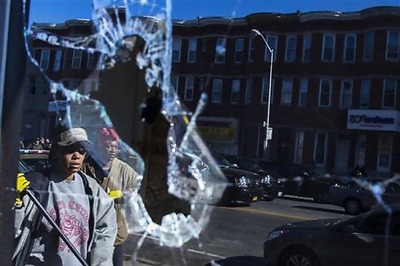
views
The Kerala High Court has laid down guidelines for sting operations conducted by media persons. However, it clarified that the press must act without mala fide intention and the sting operation should be to promote democracy, not to harass or humiliate anyone.
The court also emphasised that freedom of the press may not include sting operations in all cases but sting operations conducted by recognised media persons must be considered differently due to their crucial role in uncovering the truth and informing the public as the fourth estate in a democracy.
Justice PV Kunhikrishnan, presiding over the court, observed that the press has a vital role in a healthy democracy, acting as a watchdog to hold those in power accountable and provide a platform for diverse perspectives. “If the ‘sting operation’ is to find out the truth and to convey the same to the citizen, without any mala fide intention, the press is exempted from prosecution for such ‘sting operation’. But the press should act with bona fides and their aim should be only to promote the democracy and their intention should be to find out the truth and not to harass or humiliate any person or any section of people or the government,” the court stated.
The case in question involved two media persons who were accused of attempting a sting operation in a prison to record the statement of an undertrial prisoner. The petitioners, who were representatives of a TV channel, had entered the prison with permission to visit the prisoner but allegedly recorded his statement using their mobile phones, violating jail rules. They were subsequently charged with offences under the Kerala Prisons and Correctional Services (Management) Act, 2010.
The court considered whether the petitioners, as media persons, were entitled to exemption from prosecution under the Act. It referred to apex court decisions in RK Anand and Another v Registrar, Delhi High Court (2009) and Rajat Prasad v CBI (2014), which laid down that sting operations by law enforcement agencies and recognised media persons in the larger public interest serve a public cause.
In the present case, the court noted that the petitioners had acted out of over-enthusiasm and used their mobile phones in prison to try to get information from a witness of a sensational case. However, they were unable to record any statement as they were refrained from using their mobile phones by prison officers.
“The freedom of the press may not include the ‘sting operation’ in all situations. Whether a ‘sting operation’ was to find out the truth and to communicate the same to the citizen has to be decided based on the facts of each case and of course it will be scrutinised by the judiciary. Therefore, the media persons should be vigilant while conducting ‘sting operations’,” the HC observed.
The court concluded that there was no requirement to continue prosecution against the petitioners, stating, “The act of the petitioners was only with an intention to get news and there is no intentional act to violate the law.”
The proceedings against the petitioners were, thus, quashed.




















Comments
0 comment